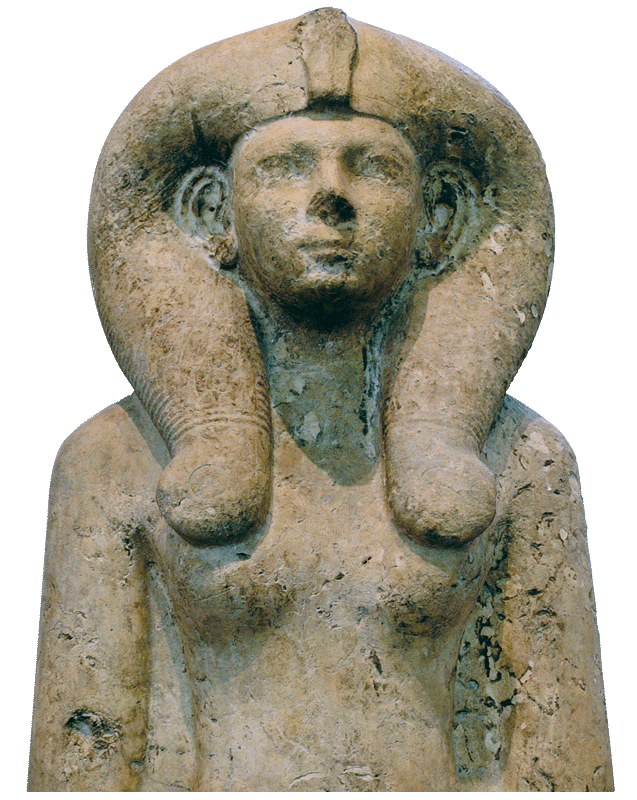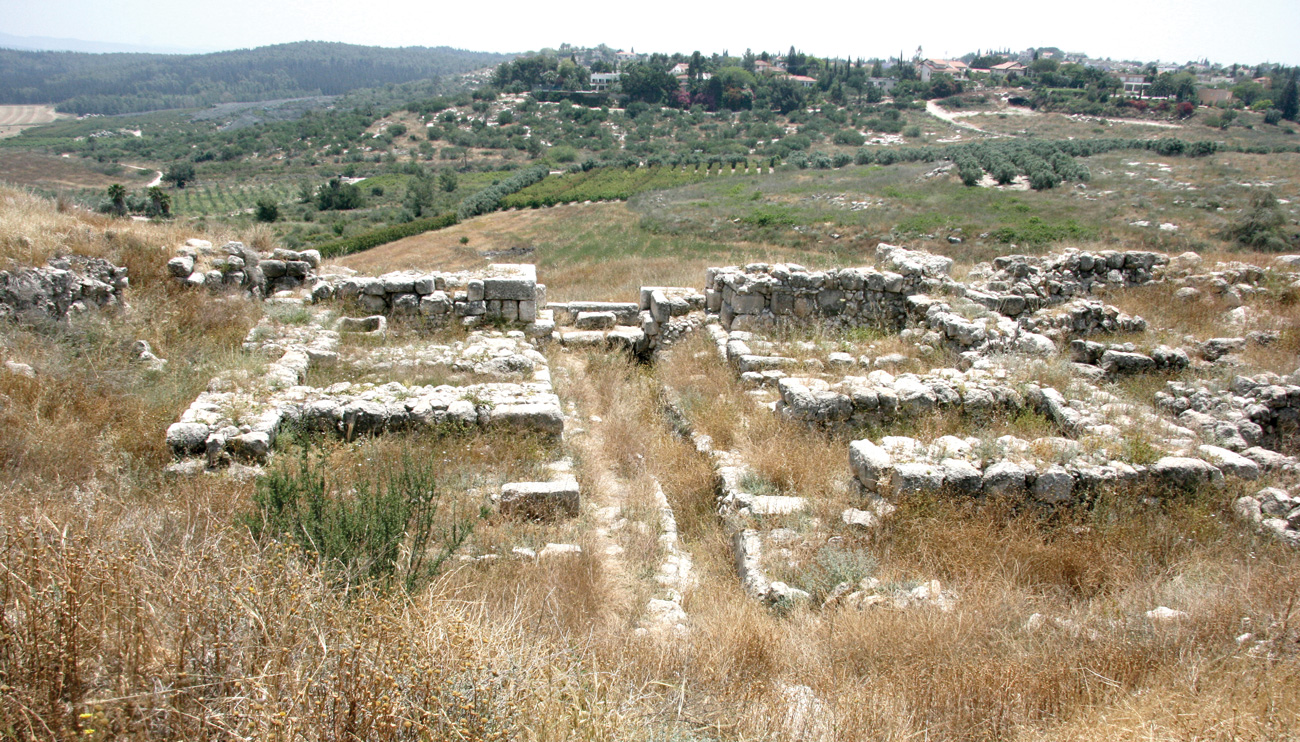1–2 Kings
The Rise and Fall (Mostly Fall) of Israel
Central Teaching
The kings of Israel and Judah lead their people away from God and into idolatrous apostasy, thus bringing upon themselves the judgment of God, as seen in the Assyrian and Babylonian invasions.
Memory Verse
Setting
First and Second Kings are the concluding episode in the story that runs from Genesis 12 to 2 Kings 25, and 1 Kings picks up the story immediately after the ending of 2 Samuel. Thus in 1 Kings 1–2, David (who is old and feeble) dies, and Solomon his son becomes king.
Solomon reigns from 971 BC to 931 BC. After his death, a civil war ensues and the nation splits in two. The northern kingdom, Israel, is destroyed by the Assyrians in 722 BC (2 Kings 17), and the southern kingdom, Judah, is destroyed by the Babylonians in 587/586 BC (2 Kings 25).

Limestone bust of an Egyptian queen (ca. 1550 BC). One of Solomon’s many wives is an Egyptian princess (1 Kings 7:8; 9:24; 11:1).
Message
After delivering the Israelites from Egypt (Exodus), God leads them into the promised land. Just prior to entering the land, God gives them Deuteronomy, which contains the terms by which Israel can live in the land with God and be blessed. The driving question that runs from Deuteronomy to the end of 2 Kings is, Will Israel be obedient to the terms in Deuteronomy and thus experience blessing? The simple and sad answer of 1–2 Kings is no.
The central theme of 1–2 Kings is the idolatry and associated injustices practiced by Israel and Judah as they abandon God and the consequent judgment that falls upon them. One of the important subthemes in 1–2 Kings is the dismantling of the spectacular empire and temple that Solomon built. Another subtheme is the reversal of the exodus and conquest. Recall that as the conquest of the promised land began in the book of Joshua, the Israelites entered the land and captured Jericho. In contrast, at the end of 2 Kings Jerusalem is being captured and the Israelites are being driven out of the land.

The Assyrian king Tiglath-Pileser III
Another important subtheme involves that of a remnant. As the nation slides into apostasy and heads for national judgment, the Elijah and Elisha narratives illustrate that hope and deliverance still exist for individuals who trust in God. A remnant will survive.
Outline
Interesting Features
- Solomon’s spectacular building accomplishments are contrasted with his inexcusable apostasy.
- Elijah confronts and defeats hundreds of false prophets on Mount Carmel.
- The Elijah and Elisha stories contain more miracles by God than any other section of the Old Testament since Moses.
- God deals with the bad kings of Israel and Judah in different and unpredictable ways.

The ruins of the city gates at the city of Gezer, probably from the time of Solomon (1 Kings 9:15)
Connections
First and Second Kings teach us a great deal about sin and its consequences. If people repeatedly and continuously disobey God and haughtily refuse God’s calls for repentance, then they can expect to experience terrible judgment. On the other hand, everywhere throughout 1–2 Kings we see the grace and patience of God as he pleads and waits for the Israelites to come around. Likewise, God pleads with his wayward people today to repent and return to him.
From Elijah and Elisha we learn that individuals can remain faithful to God even though an entire society is hostile to God and his call for righteous living.